You can use the UMD Module as mentioned in their GitHub page. Here are some of the useful information I extracted from their GitHub page.
UMD Module
You can also download pdf-lib as a UMD module from unpkg or jsDelivr. The UMD builds have been compiled to ES5, so they should work in any modern browser. UMD builds are useful if you aren't using a package manager or module bundler. For example, you can use them directly in the tag of an HTML page.
The following builds are available:
NOTE: if you are using the CDN scripts in production, you should include a specific version number in the URL, for example:
Example:
<html>
<head>
<meta charset="utf-8" />
<script src="https://unpkg.com/pdf-lib"></script>
</head>
<body>
<div style="display: flex; width: 100%; height: 100%; flex-direction: column; overflow: hidden;">
<iframe id="pdf" style="flex-grow: 1; border: none; margin: 0; padding: 0;"></iframe>
</div>
</body>
<script type="text/javascript" src="https://unpkg.com/pdf-lib@1.17.1/dist/pdf-lib.min.js"></script>
<script>
createPdf();
async function createPdf() {
const pdfDoc = await PDFLib.PDFDocument.create();
const page = pdfDoc.addPage([350, 400]);
page.moveTo(110, 200);
page.drawText('Hello World!');
const pdfDataUri = await pdfDoc.saveAsBase64({ dataUri: true
});
document.getElementById('pdf').src = pdfDataUri;
}
</script>
</html>
